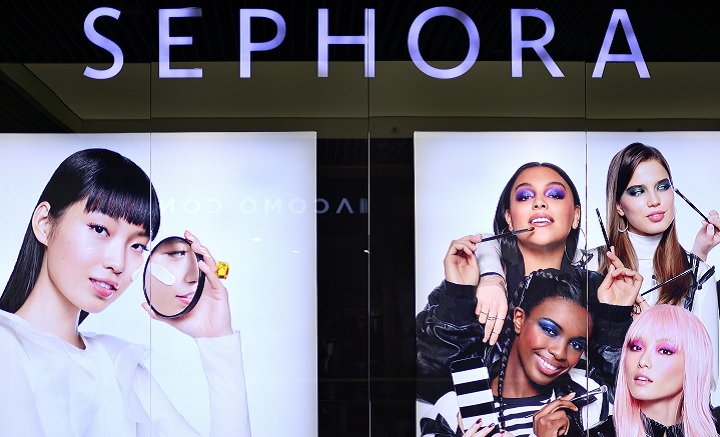In modern-day retail, businesses need to show that they care about something other than making a profit to succeed in the long term, according to retail leaders from Sephora and Ikea. “At Sephora, one of our key priorities right now is really being an inclusive community,” said Sephora CEO and president Jean-André Rougeot at this week’s National Retail Federation’s State of Retail and the Consumer conference. Rougeot added that consumers are increasingly seeking to support brands that
that are not only aligned with their own core values, but will also take a stand on social issues like climate change and racial injustice.
“Diversity, equity and inclusion have always been a part of Sephora values from the beginning, but with the George Floyd incident, the Black Lives Matter movement, these really had an impact on us as a company, and we had a chance as a team, the leadership team all the way down to our store teams, to talk about this, and really strengthen our commitment to be a better company,” he said.
Earlier this year, Sephora commissioned a study, The Racial Bias in Retail, in the hope that its efforts to tackle unfair treatment could have an impact on the wider retail community.
The report, conducted by Kelton Global and LRW in partnership with academic partners Dr. Cassi Pittman Claytor, Dr. David Crockett, Whitney Dunlap Fowler and Dr. Patricia Raspberry, looks into why and how racial bias shows up in retail today. Through this research, Sephora aims not only to measure the problem but also to identify tactics that the company, and the wider retail industry, can use to create an environment that serves all customers.
Rougeot said the launch of their ‘We belong to something beautiful’ campaign in 2019 was its first public articulation of what Sephora stands for and represents, which is building a community where diversity is expected and all are welcomed.
The LVMH-owned brand later introduced the ‘Identify as we’ campaign which focused specifically on the LGBTQ community with transexual model Fatima Jamal fronting the initiative.
“We’re really trying to reach out,” Rougeot said. “Especially at the store level, we really want our stores to be where everybody will feel welcome independent of your skin tone, your race, your sexual orientation.”
“It also makes us more successful commercially because there is such a diverse consumer now in America. If we need to succeed in the long term, we need to be able to talk to those consumers. And our people, our leadership, has to reflect the diversity and that wealth of differences in America.”
The Covid-conscious consumer
Javier Quinoñes, Ikea president and chief sustainability officer, also believes in going further on things that matter to the community it serves.
“It is essential for brands to stand for something else other than profits,” Quinoñes said. “We’ve seen through the pandemic, even before the pandemic, that doing that will make companies even stronger.”
“We also need to know we are stewards of the communities we serve in.”
Just last month, the Swedish-owned furniture company pledged to accelerate efforts to strengthen children’s rights and eliminate child labour from its supply chain and is supporting the United Nations’ 2021 International Year for the Elimination of Child Labour.
The company is also placing importance on its sustainability efforts. Late last year, Ikea launched a fabric and upholstery collection Musselbloma which consists of bags, tablecloths and cushion covers, all made with materials from plastic waste collected from the ocean.
Through some of its recent designs, Ikea has taken an inclusive approach, reinforcing its brand vision “to create a better everyday life for as many people as possible”.ThisAbles, created by a designer with cerebral palsy, is an online platform that allows people with disabilities, or their families and friends, to 3D print a range of add-ons to make Ikea furniture more suitable for their specific needs.

